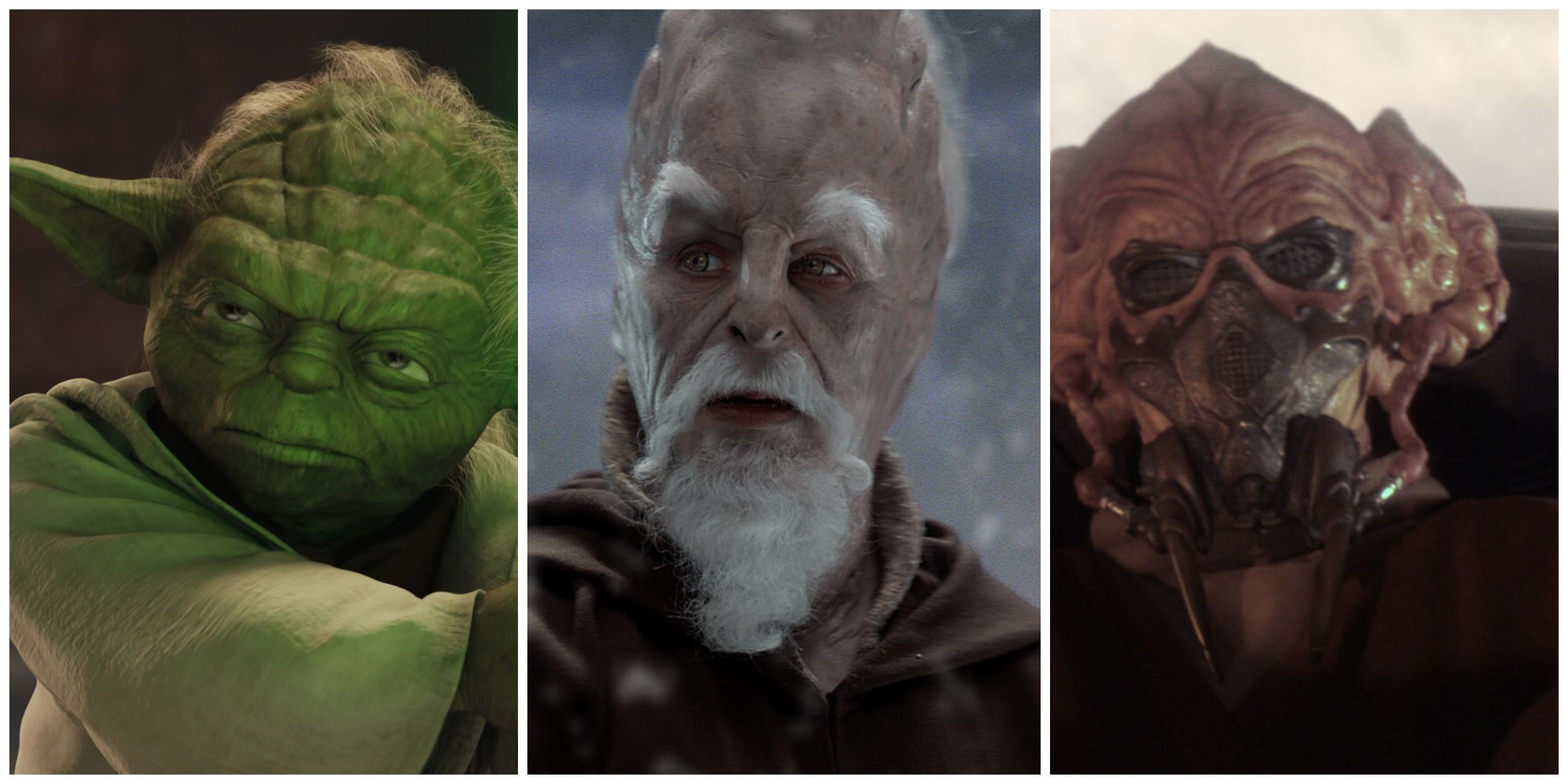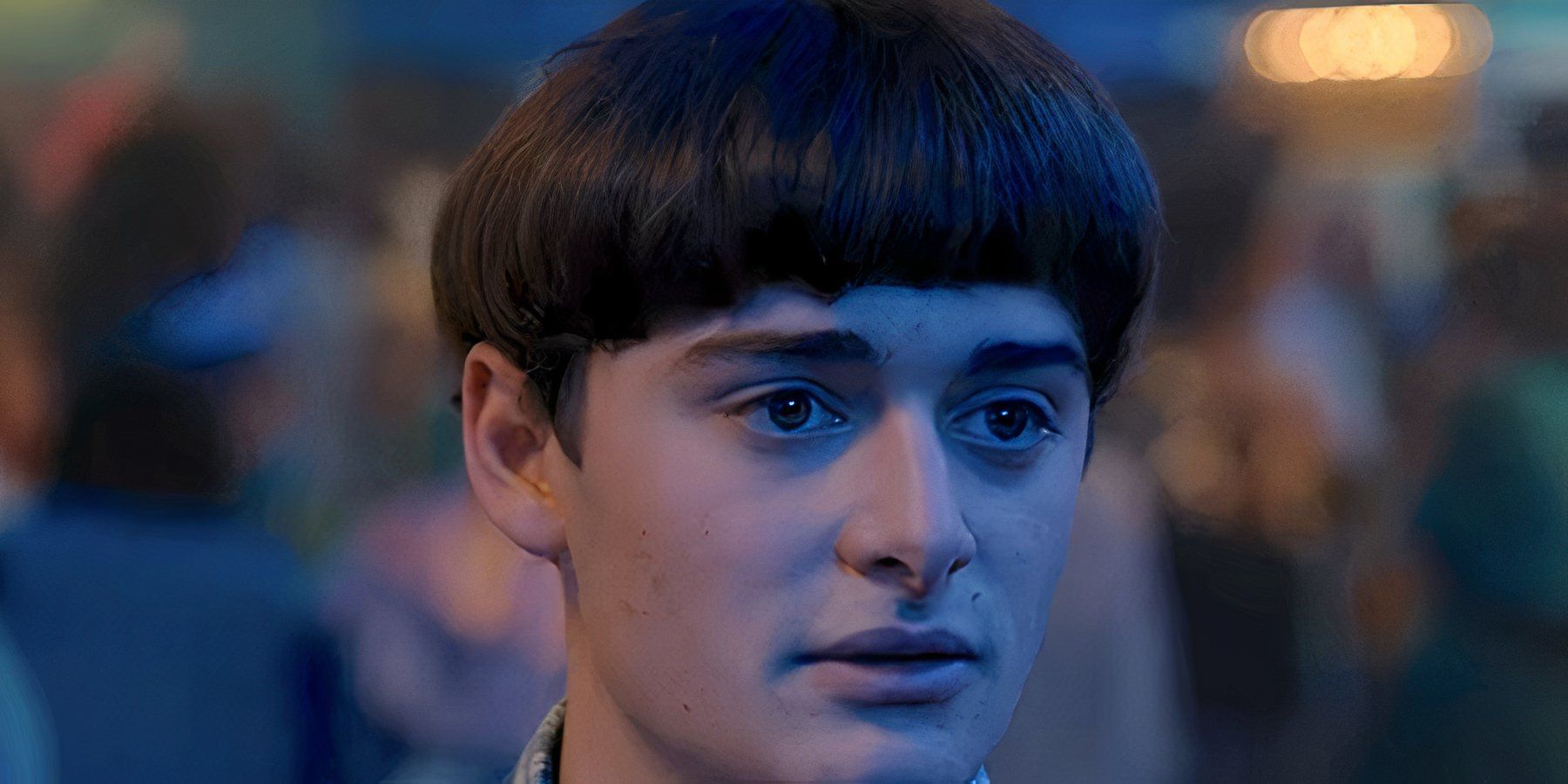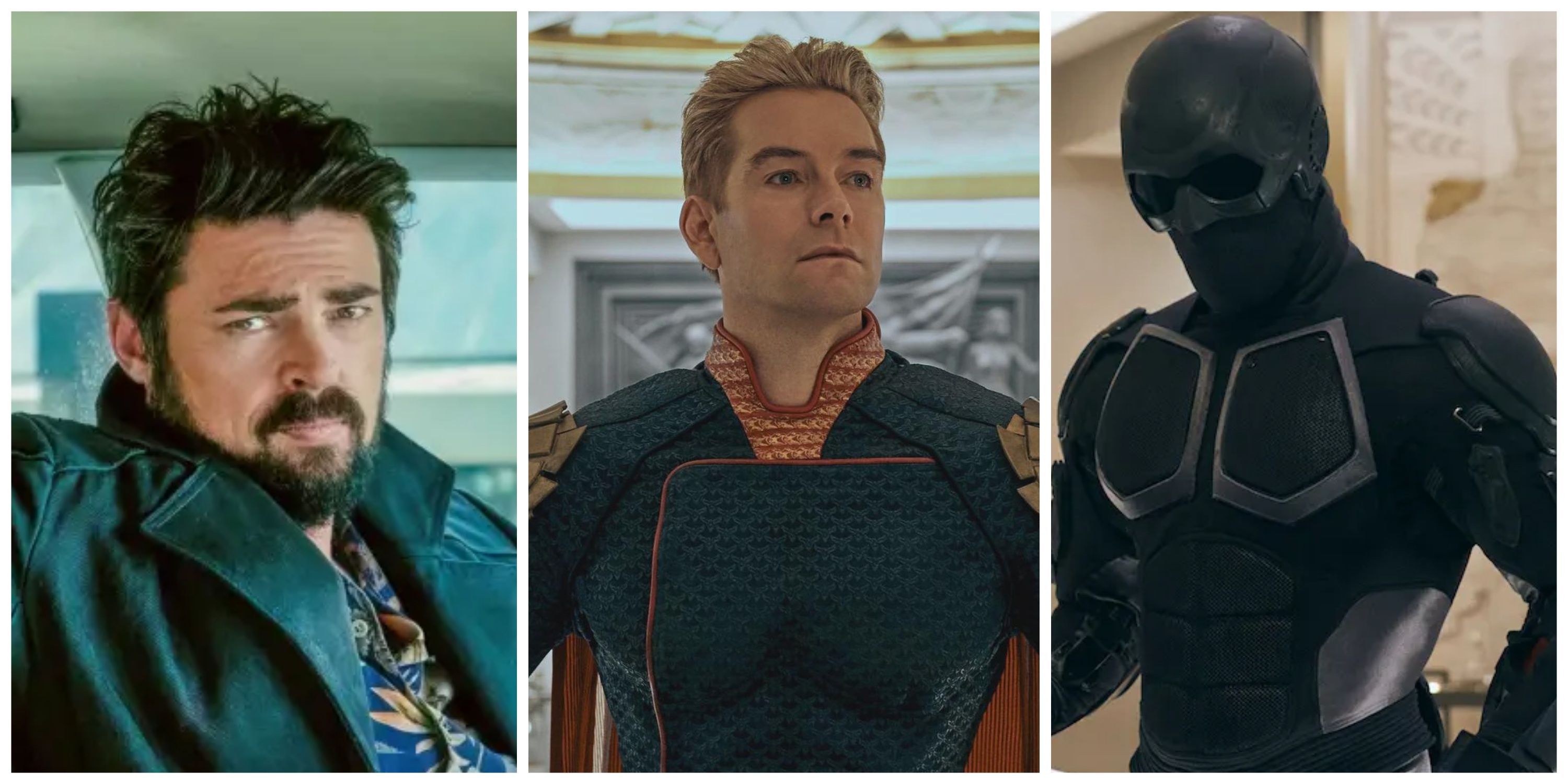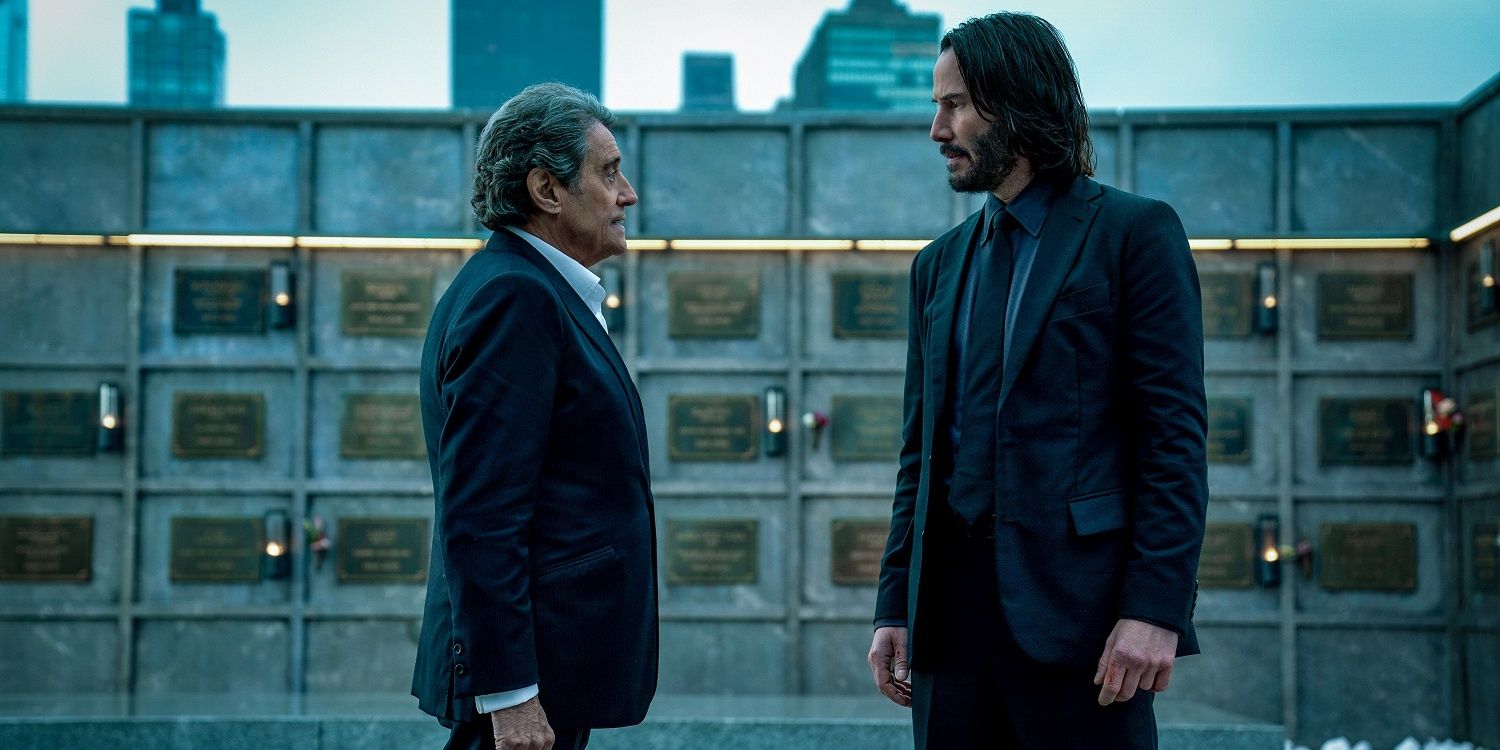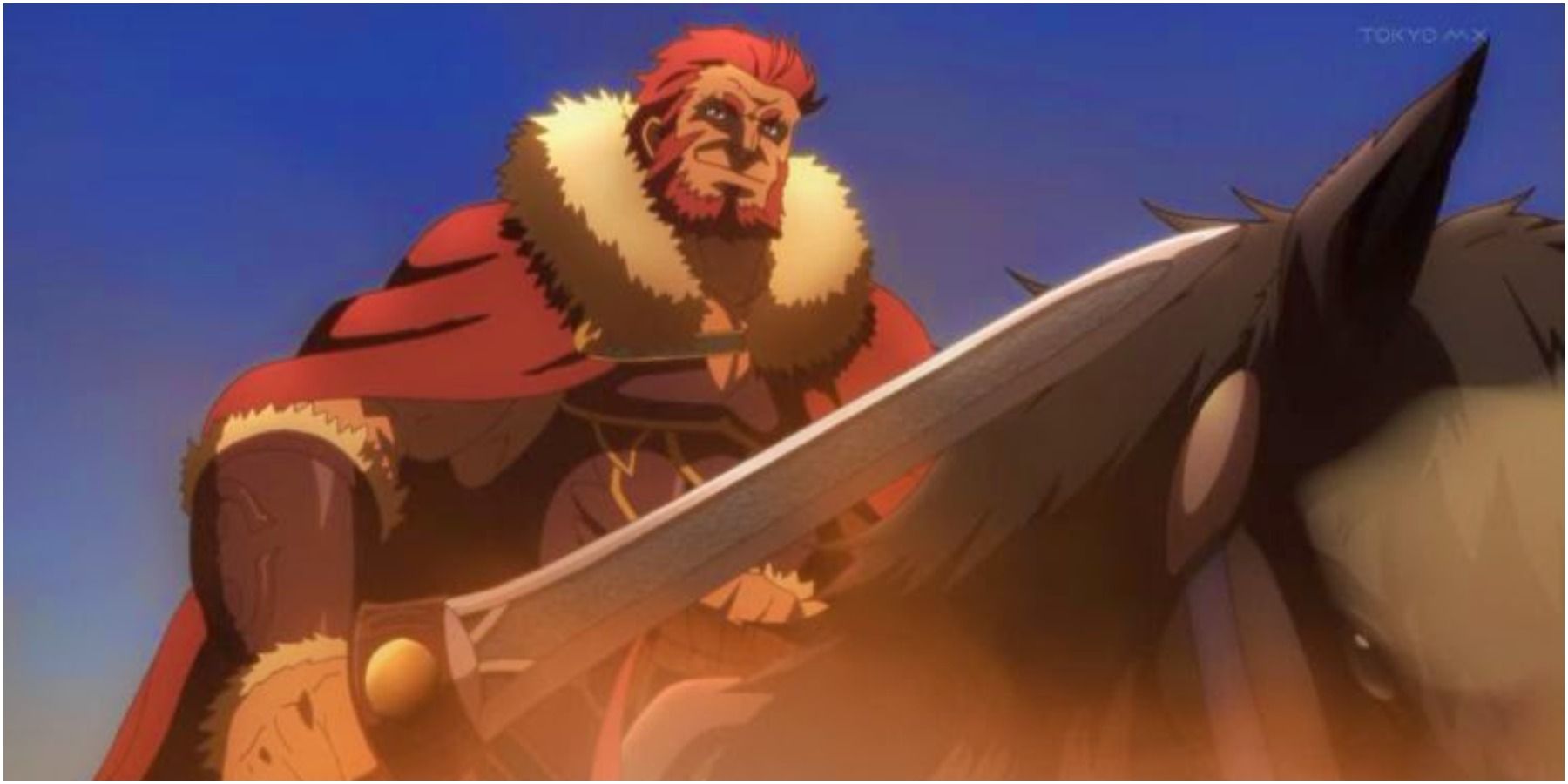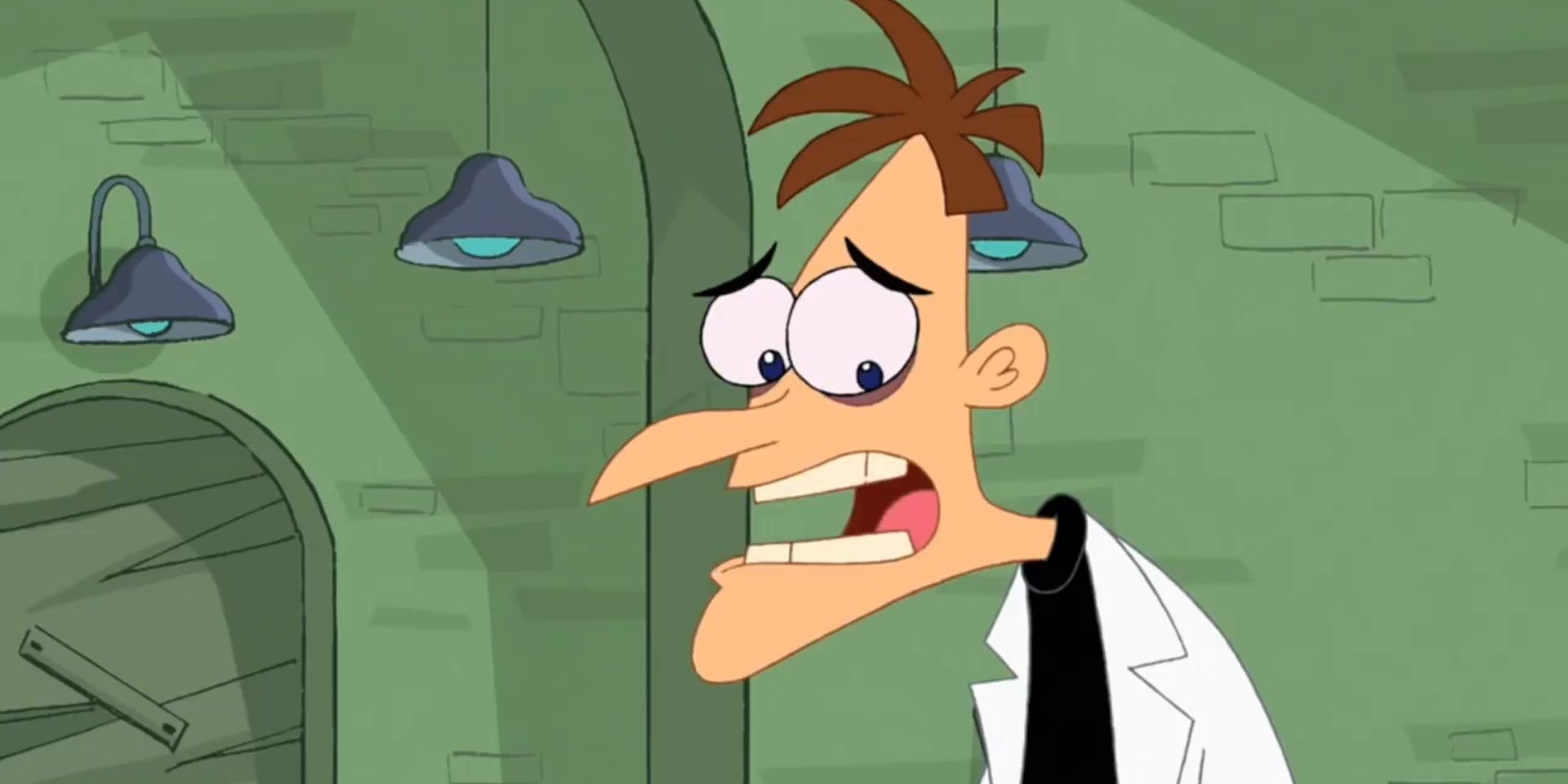Any character in a story needs to have a goal. Without direction, a hero is just an idealist and a villain is just a jerk. However, if a person is characterized by their drive, they're not likely to stop just because they've succeeded. After their first victory, they'll move on to the next with no end in sight. At some point, someone just has to ask "and then what?"
People love a good sequel, but not every story can sustain future installments. If the hero's quest to slay the villain ends in victory, only to restart when that enemy emerges anew, the story loses some weight. If the villain succeeds, then moves on to a bigger goal, the world wonders where it could possibly end.
Applying logic to the best-laid plans of heroes and villains can be a much more effective attack than any physical incursion. Imagine approaching the villain in the middle of their carefully rehearsed monologue, examining their world-destroying machine, and asking them where they plan to stop. This is the typical form of the "And Then What" trope. The antagonist has the power they need to do whatever terrible thing they had in mind, but they haven't really considered the consequences. This could be a result of assuming they'd be stopped, a failure to think ahead, or the eventual result of "agent of chaos" behavior. The big question tends to befall villains, but a protagonist with a questionable motive can receive it as well. When asked "And What Then," a character might have an answer, but they're more likely to collapse in on themselves trying to figure out their next move.
There's evidence to suggest that this trope has its basis in ancient history. Ancient Greek philosopher and historian Plutarch wrote his seminal series of biographies Lives of the Noble Greeks and Romans near the beginning of the second century CE. In his depiction of Pyrrhus, the widely respected king and general, he recounted his conversation with his advisor Cineas. During the war with Rome, Cineas asked Pyrrhus what he intended to do after his victory. Pyrrhus responded with a new land to conquer. Cineas asked "and then what," to which the king would list yet more targets. Eventually, when he had run out of examples, Pyrrhus answered Cineas' latest "and then" by saying he'd finally kick back, have a drink, and enjoy the spoils of war. Cineas reportedly then asked his king why they couldn't just put down all the swords and chill out now. Pyrrhus didn't have an answer, and that's this trope in a nutshell.
There are plenty of tragic versions of this trope, in which villains achieve what they've been seeking out at the exact moment that they realize it won't make them whole. However, the beloved Disney cartoon Phineas & Ferb provides a hilarious reoccurring example. The show's B-Plot is devoted to the exploits of undercover spy Perry the Platypus as he works to stop the machinations of the evil Dr. Doofenshmirtz. Doofenshmirtz's plans are always absurd, often concocted on short notice to address some banal complaint, but they also frequently exist without a goal. Since Perry isn't capable of speech, Doofenshmirtz is typically the one forced to question the pointlessness of his actions. He rarely knows why he does what he does, but he's typically foiled all the same. He's a genius inventor capable of almost anything, but his forethought skills could use some work.
Though this trope typically falls onto conquerors, supervillains, and agents of chaos, heroes can also go too far. John Wick is a perfect example. In the first film, his motivations are crystal clear. Wick is an unstoppable assassin who did unspeakable things to leave his old life behind. He successfully escaped the murder-for-profit industry, living out his days with his beloved wife. After his wife dies, he's left with nothing but a puppy to console himself. Some goons break into his house, rough him up, make off with his car, and kill his dog. The remaining hour and change is wall-to-wall violence as he claims his revenge. However, over the following three films, he has killed his way through the ever-increasing ranks of his former employers. In John Wick: Chapter 4, his longtime pall Winston finally sits him down and asks where it could all end. They come up with an answer, but it sure feels like he may have taken "shoot first and ask questions later" a bit too far.
Some villains have an answer. Look at Thanos, who successfully wiped out 50% of extant life and immediately retired forever. But, a moment of self-reflection, an ounce of logic applied to someone's longtime goal, or a single simple question can unravel the most clever heroes or villains. Anyone considering a grand-scale scheme must make one very important decision before embarking. Where does it end? What will they say when someone dares to ask "and then what?"

